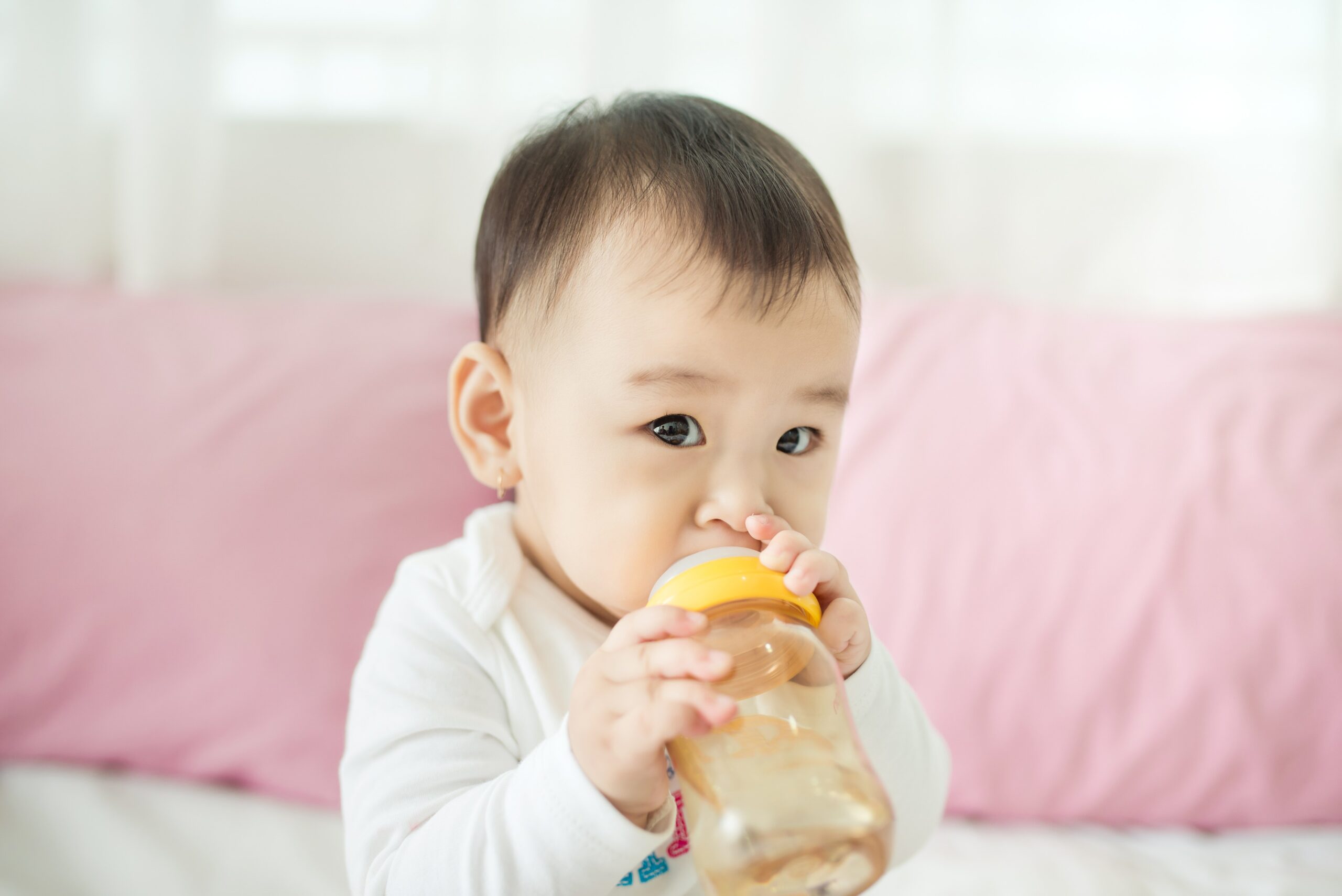Dehydration in babies is a concerning issue that demands parents’ attention and vigilance. Despite their seemingly robust appearance, babies are particularly vulnerable to dehydration, making it imperative for caregivers to stay informed and proactive in maintaining their little one’s hydration levels.
In an exclusive interview with HT Lifestyle, Dr. Atul Palwe, a Consultant Paediatrician, emphasized the critical role of parents in ensuring optimal hydration for their babies. Dr. Palwe highlighted that dehydration occurs when a baby’s body lacks sufficient fluid, underscoring the importance of replenishing lost fluids, especially during periods of illness.
Dr. Palwe cautioned that dehydration in babies can lead to severe complications, including electrolyte imbalances and organ damage. Given that babies cannot effectively communicate discomfort, it is crucial for caregivers to recognize early signs of dehydration, such as dry mouth, decreased urine output, and lethargy.
According to Dr. Palwe, recognizing typical signs of dehydration, such as sunken eyes, crying without tears, and excessive irritability, is paramount for early detection and intervention. Additionally, parents should be vigilant about offering appropriate fluids, such as breastmilk, and avoiding beverages like sodas or undiluted juice, which can exacerbate dehydration symptoms.
Highlighting the importance of seeking medical attention, Dr. Palwe advised parents to consult a doctor promptly if they suspect dehydration in their baby. Early intervention, including the administration of oral rehydration solutions, can prevent long-term health issues and ensure the well-being of the child.
Dr. Palwe’s insights underscore the significance of parental awareness and proactive measures in safeguarding babies against dehydration. By staying informed and attentive to hydration needs, parents can play a crucial role in maintaining their baby’s health and vitality.






